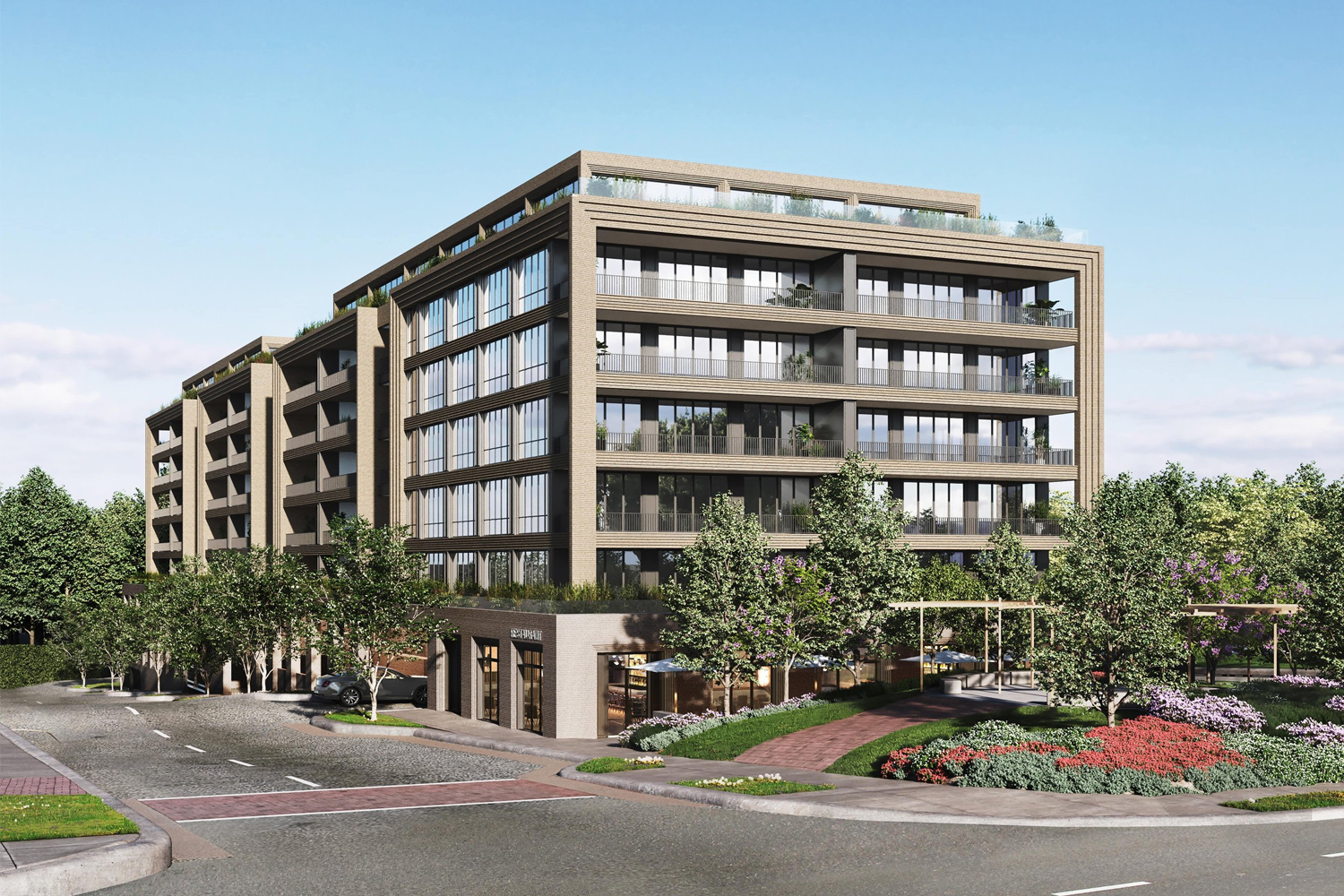September 8, 2023
Written by: Deirdre Smith, Ox Hill Associate Director of Landscape & Sustainability – LEED GA, WELL AP Our Team – OxHill Companies
What is a Pocket Park? When I first heard the term, I immediately thought of those Hot Pocket snacks that you heat up in the microwave, pop in your mouth, and promptly burn the roof of your mouth on. I thought it was a joke. Turns out pocket parks are a real thing!
Pocket parks are found in urban areas where space is extremely limited, typically 1 to 3 municipal lots smaller than 1 acre in size. They often originate from blighted or underutilized areas and involve various stakeholders and partnerships to bring the project to fruition.
Smaller in size than large municipal parks that may accommodate playground equipment, pocket parks promote walkability, provide gathering spaces, strengthen community relationships, and are growing in popularity.
Let’s take a brief look at the history and advantages of pocket parks and then examine an example of one Ox Hill is working on bringing to Fairfax City.
The first pocket parks appeared in post-WWII Europe as part of the restoration efforts to rebuild heavily damaged cities. In the U.S., pocket parks appeared during the 1950s, starting with vacant lots in Baltimore, Philadelphia, and Washington, D.C. To this day, Philly leads the pack with over 150 neighborhood parks.
In 1967, Paley Park was opened in New York City and became the first park officially described as a “pocket park.” Highly touted by John Lindsay during his successful mayoral campaign, pocket parks subsequently became forever associated with him.
According to the National Recreation and Park Association, pocket parks provide a safe and inviting environment for surrounding community members that have four key qualities:
The cost to develop a pocket park is relatively low compared to large municipal parks. Even more, pocket parks have also been found to have a beneficial impact on the real estate value of the surrounding area, sparking neighborhood revitalizations.
The environmental benefits of pocket parks are enormous. Pocket parks can mitigate heat island effects, aid in stormwater management, and attract and provide habitat for urban wildlife, especially birds and pollinators. Also, because they are located within neighborhoods and often lack any parking options, more often visitors arrive on foot thereby reducing pollution.
In terms of human health and well-being, people of all ages and abilities can enjoy pocket parks. According to a Northwestern Medicine report published in Science Advances, more green spaces were associated with slower biological aging. In fact, people who lived near more green spaces were biologically 2.5 years younger, on average, than those who did not. In addition, “People living in proximity to open spaces report fewer health and social problems,” says Stephen R. Kellert, author of Biophilic Design. “Even the presence of limited amounts of vegetation such as grass and a few trees has been correlated with enhanced coping and adaptive behavior.”

Ox Hill Companies is taking the pocket park model and incorporating it into our City Centre West mixed-used project in Fairfax, VA. The Corner Public Plaza Park is an approximately 1/3-acre Fairfax County-owned parcel located at the corner of Main and West Streets. It is currently overgrown with undesirable trees and shrubs, and is largely unused.
We envision a fully activated space which will become a wonderful amenity for residents, visitors, and employees at the nearby Fairfax County Judicial Complex. The open lawn, large central plaza covered by a pergola, and trees will help mitigate the heat island effect. And bike racks are in place at both the north and south ends of the proposed park for ease of accessibility.
Sustainability plays a role in the landscaping of the proposed Corner Public Corner Plaza. Native plant species have been selected to provide habitats for birds, butterflies, and other pollinators. Native plants are typically hardier and more drought tolerant to withstand the conditions that a public space will warrant. They also enhance the area’s aesthetics with beautiful local flora.
The future of pocket parks seems clear; they have an important role to play in the future of urban areas. Given that space is already at a premium in cities and suburbia, the ability to convert overgrown and unutilized spaces into beautiful and activated pocket parks is a very reasonable approach. By creating these small green spaces, Ox Hill Companies is able to improve the human experience as well as the environment at the same time.